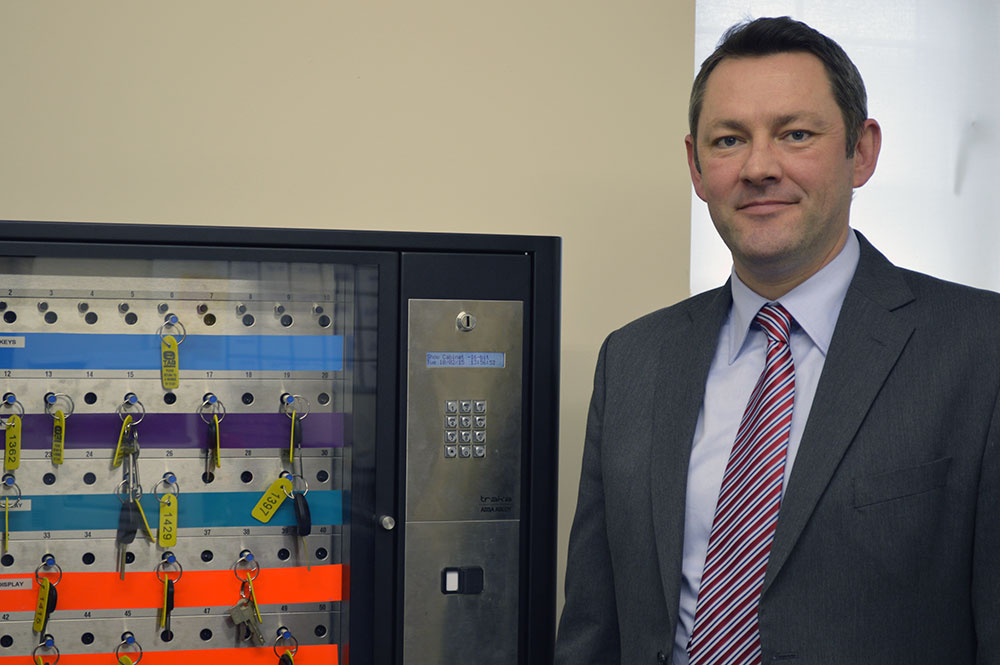Car manufacturers have been busily laying out their product development plans for Level 3 (‘eyes-off’) and Level 4 (‘mind off’) classes of autonomous vehicles (AVs) – and subtly staking their claims for a share of the AV sales opportunity.
But technology strategies aren’t the only factors set to boost AV appeal: here are 7 market forces tipped to accelerate the self-driving car revolution:
- Motorists will realise that ‘AV’ doesn’t necessarily mean their exclusion from the driving experience. AVs can allow them can take control as and when their journeys allow. Either your car can drive itself for a large part of a motorway-based commute (Level 3), say, or it drives itself almost entirely provided you live in a specific geo-fenced urban area (Level 4). Understanding this intervention option should overcome inhibitions held by car buyers uneasy about the letting go of the wheel.
- Demand for taxi services in cities is on the up. Growing urban densities mean car ownership becomes a rare privilege. So, increasing numbers of city dwellers will use their cars only when absolutely necessary or give them up altogether, as driverless cab fleets offer viable, more convenient alternatives to traditional taxis. Once Uber gets in on the act it will grow this market. Ride hailing, and robo-taxi services are being piloted in cities across the US and China right now.
- Artificial Intelligence and Deep Learning (a subset of AI) are advanced technologies that already direct our experiences in many areas of our lives. Combined with sensor fusion platforms, these technologies are at the heart of the AV concept. Working together, they take data from multiple sensors and actuators in new AVs and use it to build-up a real-time 3D map of what’s visible around the car as it travels along – and detects potential hazards. We have already come to trust AI/Deep Learning to look after other safety-critical aspects of our daily lives, and automakers are banking on the expectation that car buyers will show equal confidence.
- Deep Learning algorithms interpret data inputs and use them to formulate and order required tasks into manageable chunks, effectively mimicking activities in the neuron layers of the human brain. With Deep Learning, an AV can build-up thousands (even millions) of hours of ‘on the road’ experience-based data from different roads and driving conditions. This means that AVs get better at spotting changes in driving conditions, evaluate anomalies and threats – and so take timely, safe action to avoid accidents. What’s more, the AV will continue to ‘learn’ from driving experiences when humans are at the controls – so becoming a driver’s automotive ‘protégé’!
- Toyota is determined to keep human agency in driving for as long as possible and is therefore devoting the bulk of its AV Research and Developmeny spend to making all its cars safer by using AI to add an extra layer of safety. It recognises that 1.5m people worldwide are killed in cars each year, and through application of new technologies it’s trying to make its cars the safest in the world.
- Canny Toyota is also thinking about the demographic timebomb that’s pushing up the percentage of elderly people in populations (notably in Japan). Many of the growing masses of elderly drivers want to remain independently-mobile for as long as possible. So, deploying elements of Level 3 class vehicle autonomy in its cars, combined with enhanced assisted driving systems, looks a good way to grab a large share of a swelling market.
- There’s a new Android-style operating system for the autonomous driving industry from Baidu – often described as the Chinese equivalent to Google – called The Apollo Program. Baidu has built a powerful ecosystem of 50 tech-led partners that includes big brand names from both West and the East: Volvo, Bosch, Nvidia, Microsoft Cloud, TomTom and Continental; Chinese auto companies Chery, Changan and Great Wall Motors. They’ve joined forces to provide AV developers with tools to help them bring autonomous driving products to market faster.







Leave A Comment